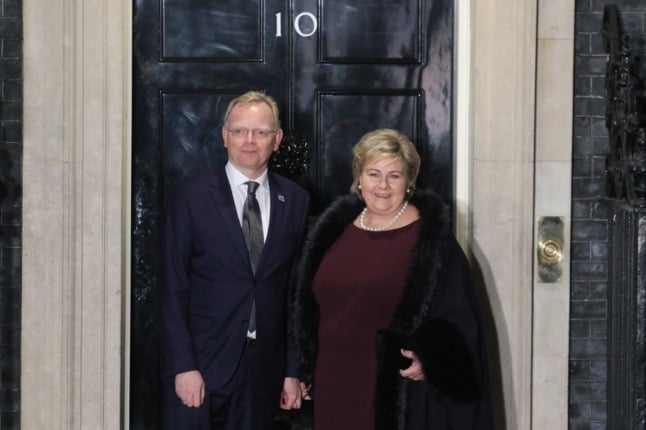The Swiss central bank is operating a policy of capping a rise of the franc in response to the eurozone crisis to retain the competitiveness of Swiss business.
Exports rose 0.9 percent to 17.8 billion francs compared to the figure for the same month last year, marking a slowdown from a 1.5 percent increase in October.
Sales by the watch manufacturing industry in the busy Christmas shopping season accounted for a large part of exports followed by food and chemicals.
Imports flagged however, dropping 6.7 percent to 14.8 billion Swiss francs, underlining a slowdown in activity in the country which has begun to feel the effects of the eurozone crisis. It followed a 0.6 rise in imports in October.
Since the beginning of the year Switzerland’s has posted a trade surplus of 21.8 billion francs.


 Please whitelist us to continue reading.
Please whitelist us to continue reading.
Member comments